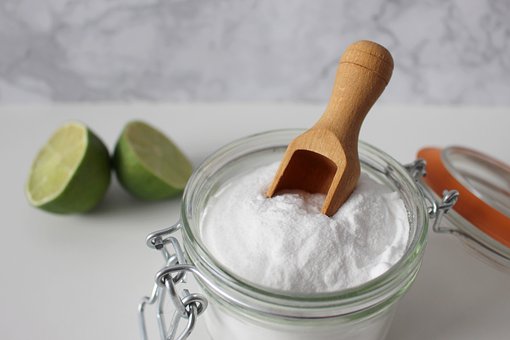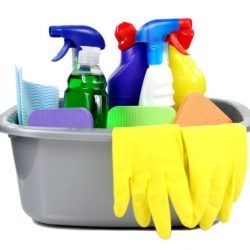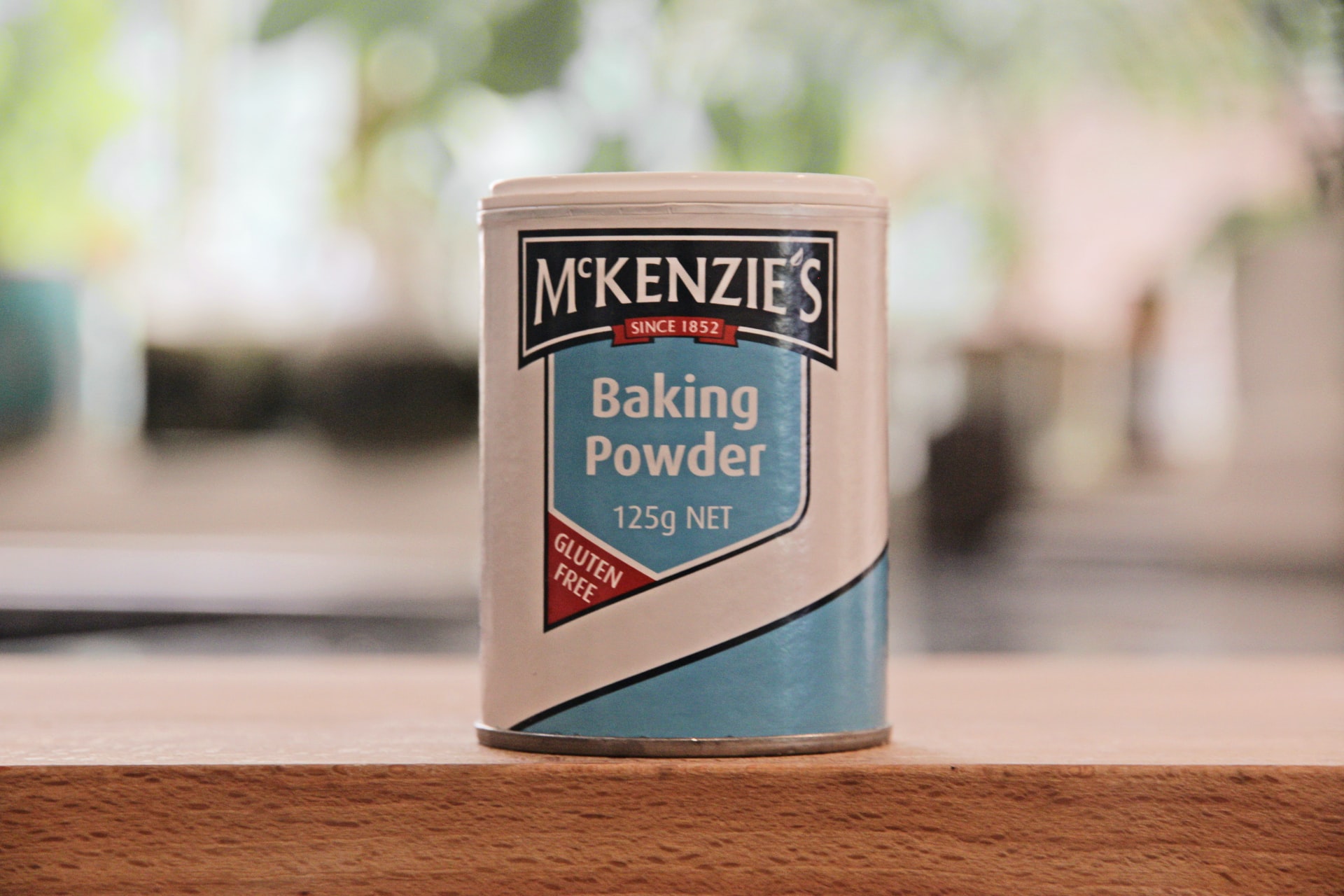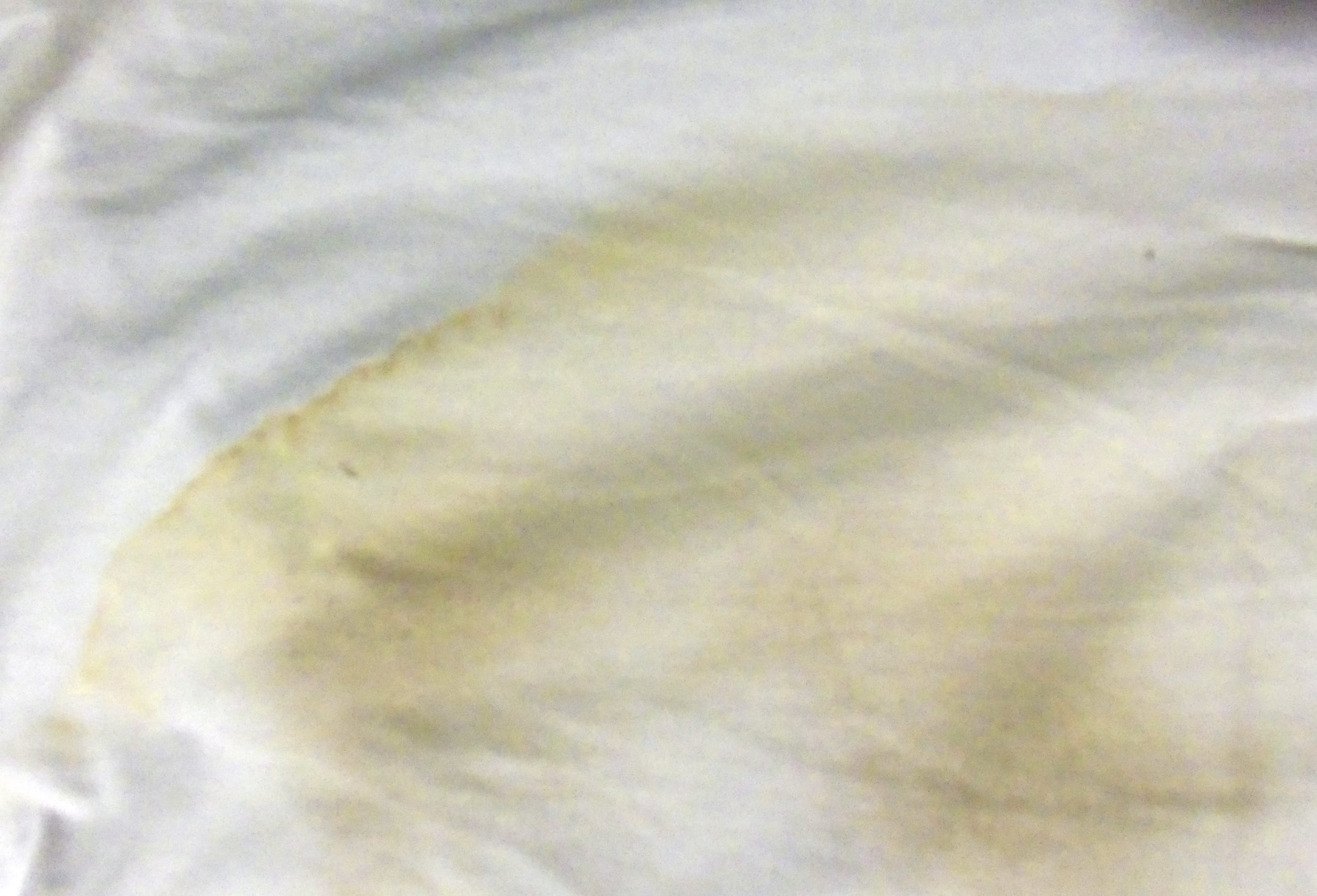What more should the general public know about cleaning products made at home?
The effectiveness of common household cleaning and disinfection chemicals against viruses like COVID-19 has not been proven. DIY disinfection treatments other than weak bleach solutions are not suggested for reducing the risk of virus or bacterium exposure on most hard surfaces in the home. Extreme caution is advised when handling and utilizing chemical items, even those made at home. Use chemical-resistant gloves to protect yourself and prevent inhaling fumes.

Some people, such as those with allergies or other respiratory disorders, may be particularly sensitive to the unpleasant vapors produced by cleansers and disinfectants, whether homemade or purchased commercially. Individuals with such problems should be particularly cautious while making and using cleaning products.
The major problem with DIY disinfectants for those concerned with infectious disease control is their lack of documented efficiency at killing viruses and bacteria.
Should individuals produce their cleaning or disinfection products to limit the danger of infection with COVID-19?
It’s critical to understand the difference between cleaning and disinfecting products. Cleaners get rid of dirt and certain bacteria, but not all of them. Disinfectants are chemicals that destroy bacteria and viruses.
The user can typically tell whether or not cleaning is effective. Verification of disinfectant’s capacity to kill specific viruses and bacteria, on the other hand, is based on laboratory testing undertaken by commercial product producers. The CDC recommends a weak solution of 1/3 cup (5 tablespoons) bleach per gallon of water for killing COVID-19 on frequently-contact surfaces as the sole DIY disinfectant. The CDC stated that the most popular EPA-registered (commercial) domestic disinfectants ought to be helpful against COVID-19 since it is a virus that is more easily destroyed by disinfectants.
What goods or chemicals might harm someone’s health if they produce their cleansers or disinfectants?
People can endanger their health in two ways when they make their cleaners or disinfectants. To begin with, combining chemicals can result in the creation of new dangerous compounds. Bleach, for example, should never be mixed with other chemicals, particularly ammonia, which is present in glass, window, and toilet bowl cleaners and may generate poisonous chlorine gas. Second, when a commercial disinfectant is used with other items, even DIY cleaning agents, it may lose efficacy.
What more should the general public know about cleaning products made at home?

The effectiveness of common household cleaning and disinfection chemicals against viruses like COVID-19 has not been proven. DIY disinfection treatments other than weak bleach solutions are not suggested for reducing the risk of virus or bacterium exposure on most hard surfaces in the home.
How to Make Use of Common Disinfectants
The period of time a disinfectant must remain on a surface to kill microorganisms, and in this case, especially the coronavirus which causes Covid-19 is by far the most critical issue when disinfecting a surface. No disinfectant works instantaneously; in fact, most disinfectants supplied to the general public take several minutes to function. Different dwell periods do not imply that one disinfectant is more effective than another. They’re just the time it takes for products to destroy the coronavirus, which is the desired outcome. However, dwell time isn’t the only consideration you should make.
Extreme caution is advised when handling and utilizing chemical items, even those made at home. Use chemical-resistant gloves to protect yourself and prevent inhaling fumes. Some people, such as those with asthma or other respiratory disorders, may be particularly sensitive to the unpleasant vapors produced by cleansers and disinfectants, whether homemade or purchased commercially. Individuals with such problems should be particularly cautious while making and using cleaning products. Let us know in the comments if you use DIY cleaning products often…





